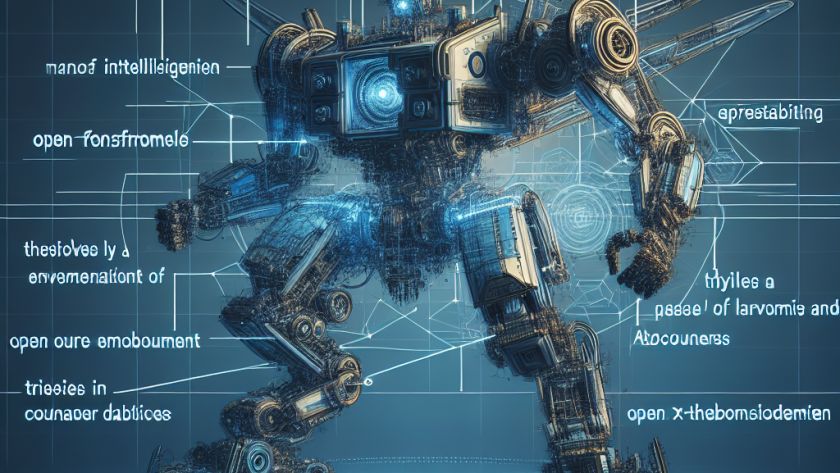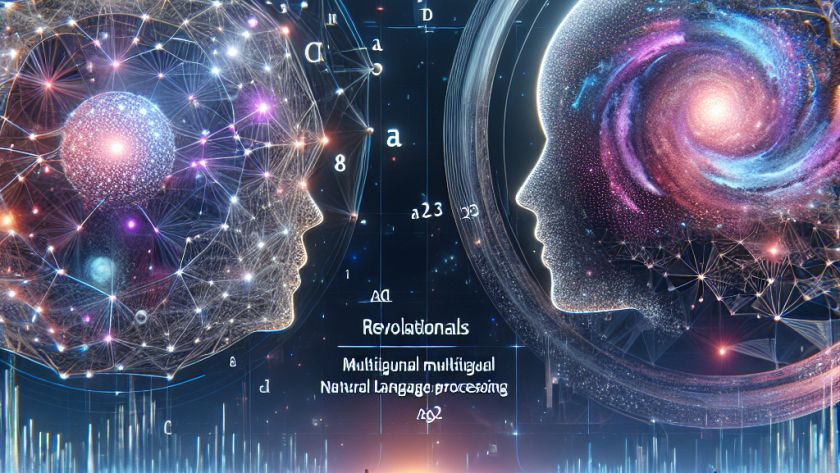Robotic learning typically involves training datasets tailored to specific robots and tasks, necessitating extensive data collection for each operation. The goal is to create a “general-purpose robot model”, which could control a range of robots using data from previous machines and tasks, ultimately enhancing performance and generalization capabilities. However, these universal models face challenges unique…












